The weekly newsletter from 22th to 28th January
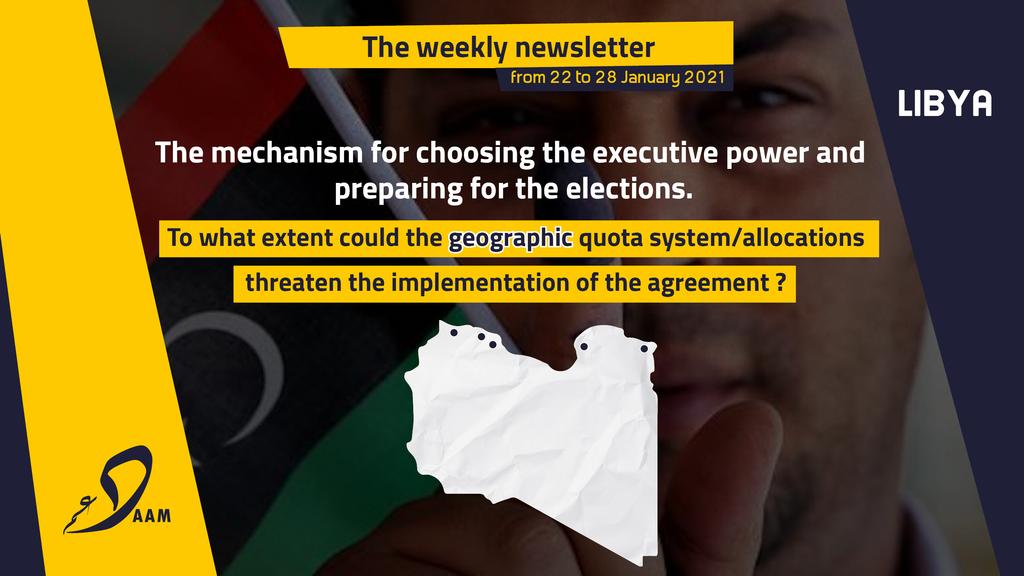
This post is also available in:
![]() Arabic
Arabic
Egypt
The Parliamentary action: The ignorance of the executive authority, while covering up the human rights’ violations
The Parliament’s representatives insist on defending the regime’s policy on human rights in Egypt.Tareq Al Kholym the MPs from the Coordination of Youth Parties and Politicians, said that there are hostile parties against Egypt which spread false rumors on the human rights situation in the country. He added that Egypt took concrete steps in protecting human rights. However the paradox is that the Parliament itself approved the President’s resolution to extend the emergency state all over the country for 3 months, starting from last Sunday, January 24 Egypt hasn’t left the the State of Emergency since 2014 for long periods then continuously from 207 after the simultaneous bombing of the churches St. George’s Coptic Cathedral in Tanta and The Cathedral of St. Mark in Alexandria
These paradoxes that the parliament witnesses, are continuing with regard to respecting the Constitution concerning the necessity to form a new government after the new parliament started its function. During the last week, the Parliament witnessed the cabinet’s statements and the objections of some representatives which are considered mere verbal clashes to attract the media, in addition a circumvention of the Constitution and the stable parliamentary norms that require the resignation of the cabinet after electing a new parliament. Then the president mandates a new government even if with the presidency of the same prime minister. Later the government prepares a new program and presents it to the parliament.
The Constitution and the Parliament’s bylaws oblige the government to resign and present a new program to the parliament once started . However, because the regime doesn’t want to change the current government or prepare a new program. Ali Abdel Aal, the former speaker of the parliament issued a legal opinion that the government is not obliged to resign to the new Parliament and the president is only authorized to form or dismiss the government. The new Parliament used this legal opinion and later decided to hear the statements of the Prime Minister and a limited number of ministers concerning what was achieved from the new program. This status is considered a violation of the Constitution, however the regime has his private constitution through which it bypasses the legislative authority and its role.
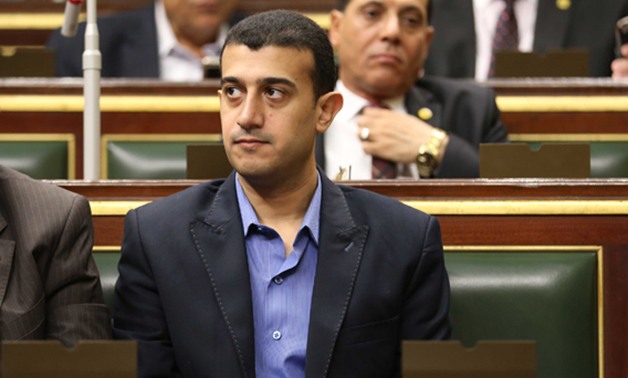
During the past week, a great controversy has sparked the public opinion due to a new bill in which the sentence against the husband’s abuse of his wife reaches 5 years in prison. This bill is submitted by the representative Amal Salama who is a member of the Media and Culture Committee in the Parliament. She suggested making several new amendments on the panel code which stipulate tightening the punishment for the husband’s abuse against his wife for a period of no less than 3 years and up to 5 years.
During its suggestion, “Salama” revealed that she collects the representatives’ signature on the bill according to the Parliament’s bylaws that require 10 signatures of the Parliament’s representatives to sign any bill submitted by the representatives in preparation for submitting it to the Parliament within days. He said that: “”A large number of MPs, men and ladies, showed great enthusiasm to sign the amendments to the law”. She explained that there is a commitment by the state to protect women from all forms of violence, especially since the case of beating wives has become a threat to the Egyptian family and threatens social peace. In addition, she adopted in the amendments to the article. 11 of the constitution that provides for the achievement of equality between women and men in all civil, political, economic, social and cultural rights in accordance with the provisions of the constitution. And the State is obligated to protect women against all forms of violence and to enable women to reconcile family duties with work requirements.
In addition, the cabinet approved a bill related to amending some provisions of the panel code which was issued in law no.58 of 1937 in order to make a deterrent punishment against the crimes of females’ circumcision. The amendments were in articles (242 bis) and (242 bis A)
The amendment stipulated in Article (242 bis) that “Whoever performs a female circumcision by removing part of her genitals or modifying, mutilating, or inflicting injuries to those organs shall be punished with imprisonment for a period of no less than five years. In case that act results in a permanent disability, the punishment is temporary hard labor, for a period of no less than 7 years, but if the act leads to death, the punishment is temporary hard labor, for a period of not less than 10 years.
In addition, The amendment stipulated, in this article, that the punishment shall be a rigorous imprisonment in case the person who performed the circumcision was a doctor or practicing the profession of nursing. and in case his crime resulted in a permanent disability, the penalty shall be a rigorous imprisonment for a period of not less than 10 years. However in case the act leads to death, the punishment is a rigorous imprisonment for a period not less than 15 years and not exceeding 20 years.
The aforementioned is considered good progress regarding the status of women in Egypt, however it remains incomplete in terms of continuing systematic and structural discrimination against them, due to normalization with violence and harassment that remain issues which are far from being resolved.
Meanwhile, the Official Gazette published President Abdel Fattah El-Sisi’s decision No. 22 of 2021, regarding pardoning the rest of the punishment for some prisoners on the occasion of the celebration of Police Day and the January 25 Revolution. And there isn’t any civil or opposition activist in the pardon. The executive authority headed by the President continues enhancing the symbolism of the security force and ignoring the violation of this force against citizens.
Regarding the Judiciary, the Administrative Judiciary Court, headed by counselor Mohamed Abdel Alim Abo El Ros who is the deputy head of the State’s Council, ruled to abolish the decision of the governor of Cairo to close the Nadim Center for the Rehabilitation of Victims of Violence and Torture. It is a very positive ruling after the authority exploits the law and targets one of the well known organizations in the human rights community.
In fact, Cairo’s Governorate office didn’t notify the director of Nadim center of violations that must be removed during a specific period. in addition it didn’t notify the director of grave violations that require administrative closure for a specific time as this requires an official inspection on the facility (Nadim center) in order to prove its status and the extent of the existence of violations or not. The authority moved directly and in a cunning manner to close the organization instead of notifying it to settle its legal situation.
In return, the Egyptian judicial authorities listed dozens of prisoners in terrorism cases on a terrorist list, including current and former members of Muslim Brotherhood, most notably Mahmoud Ezzat, Hasan Malek, his son Hamza, Abdel Monem Abo El Fottoh and his son Ahmed. Previously, the Court of Cessation had abolished listing hundred persons from a terrorist list after their appeal on the listing decisions in which their money was seized and they are banned from traveling.
Yesterday, some published decisions in the Official Gazette (Al-Waqaia al-Masriya), confirmed the abolishment of the listing decision of a terrorist list which was issued in 2017 and activating the new listing decisions for 5 years.
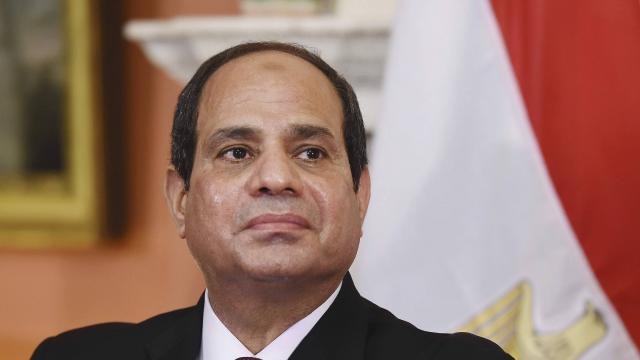
human Rights before the Judiciary: Limited release rulings, renewing the imprisonment and precautionary measures
The Terrorism Circuit No.3 in the Cairo Criminal Court headed by counselor Mohamed Abdel Sattar, decided to release 23 accused persons pending investigations in 11 National Security Cases with precautionary cases.
The aforementioned court considered renewing their detention in one day, while it decided to renew the imprisonment for the rest of the defendants for 15, 30 and 45 days.
The most prominent prisoners who were released are the doctors Ibrahim Bedewy and Mohamed Hamed who were imprisoned for more than 7 months in case no.535 of 2020 of the National Security for being accused of spreading false news and misusing social media websites by publishing the conditions of doctors during the crisis of Coronavirus on facebook. In addition the journalist Shaimaa Samy and the activist Nermin Hussain were released.
Releases in Egypt with suspenting the implementation A fabricated case on the air
On January 27, 2021 Mohamed Adel Fahmy was released by the Mansoura Criminal Court after more than 2 years and half pending investigations in case no.5606 of 2018 Aga Administration on bail of 10.000 pounds. He was supposed to start his custody in one of two cases after he was released. The first case is no.4118 of 2018 Shirbin administration and the second is case no.467 of 2020 by the State Security as he was accused of joining a terrorist group, committing a terrorist crime and providing a terrorist group with information from inside his prison.
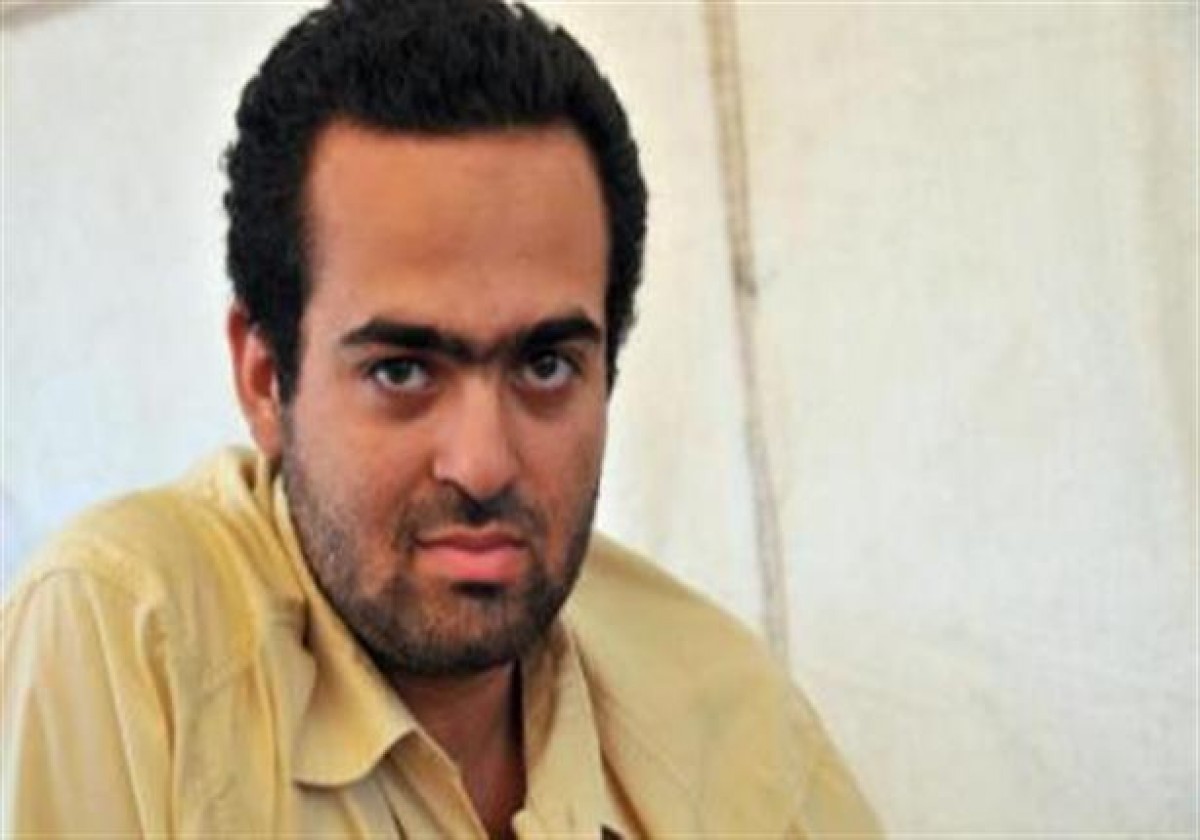
Nermin Hussain Fathy Abdel Aziz has lived a similar intimidating and inhumane scenario, as after releasing her by a decision from Cairo Criminal Court, she appeared on January 26,2021 in the State Security Prosecution to be investigated in a new case no.65 of 202 by the Supreme State Security. The Prosecution accused her of joining a group which was established in violation of the law and it decided to imprison her for 15 days pending investigation in the case. This revolving door comes after 10 months of her imprisonment in case no.535 of 2020 by the State Security.
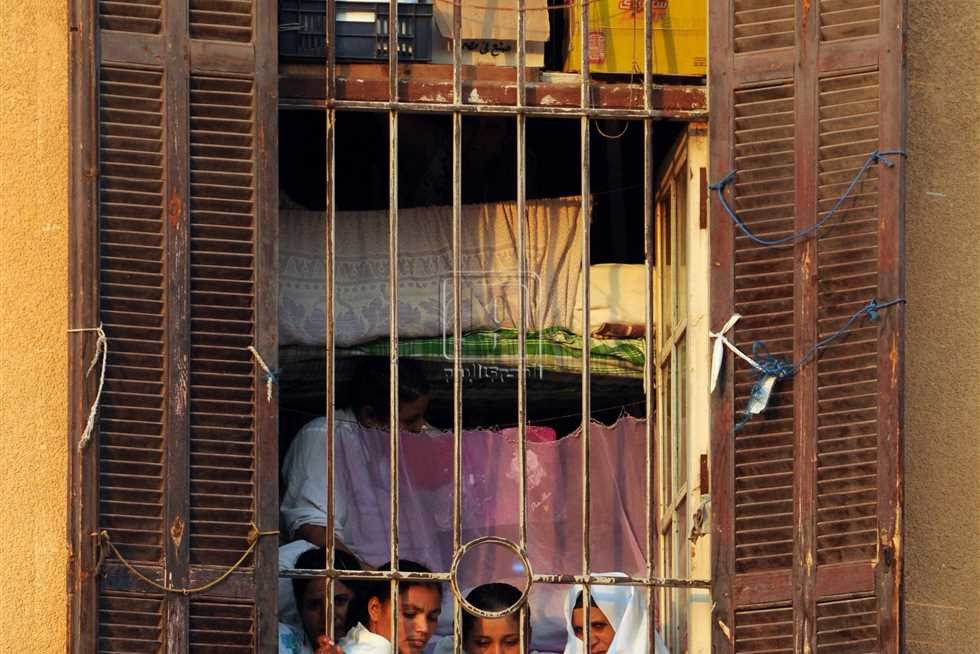
Nermin had been transferred from Al Qanatir prison to El Basatin police station on January 25, 2021 after the decision to replace her pretrial detention with precautionary measures from Cairo Criminal Court headed by counselor Mohamed Abdel Sattar on January 17 of 2021. Then, on January 26 , 2021, she appeared in the State Security Prosecution facing charges of the aforementioned case. She was arrested from inside the station and under the prosecution’s permission which is based on the investigations of the National Security dated to a previous date of her release date. And arresting her was made during completing the procedures of releasing her.
The caricature frightens the Egyptian regime
Today, The International Committee to Protect Journalists called on the Egyptian authorities to immediately release the cartoonist Ashraf Hamdy and to drop any charges against him. In the early hours of Monday morning, security forces arrested Hamdi, the owner and founder of the cartoon blog Egipton, from his home in Giza, according to news reports and a Facebook post by the cartoonist in which he wrote that he was being arrested.

As Egypt begins distributing an anti-corona vaccine, Amnesty International has demanded that the Egyptian authorities allow independent monitoring of prisons, as well as ensuring that prisoners are not subjected to negative discrimination during the distribution of the Corona vaccine, which Egypt began. The organization also called for investigations into the deaths of prisoners in places of detention, and to prevent their recurrence. In a report published today, Amnesty International also indicated the need to reduce the number of prisoners in light of the current health conditions and the outbreak of the Coronavirus.
In its report, which reviewed the experiences of 67 people who were held in prisons, 10 of whom died in detention, and two after their release, the organization documented what it described as neglect and denial of health care inside Egyptian prisons, noting the responsibility of the authorities for exposing prisoners to detention conditions that do not comply with international standards. This negatively affects their physical and mental health, and sometimes their right to life.
The report described the conditions of detention in the Egyptian prisons as being “inhumane”, especially for politicians due to ill treatment or torture, in addition to the denial of heath care which is sometimes intentionally.
Tunisia
Who stands behind the cabinet’s reshuffle?
The most important issue on the parliamentary scene for this week is the cabinet’s reshuffle which was suddenly and in a vague manner declared by the Prime Minister. Following the Prime Minister’s request to the Assembly to schedule a session to grant confidence to the new ministers, the Assembly of the Representatives of the People scheduled the session on Tuesday, January 26, 202. Several political parties and civil society organizations had denounced this cabinet’s reshuffle, especially that it has names with suspicions of corruption. “I Watch” is among the organizations which denounced and issued a statement, calling the representatives of the people to not to grant confidence to the new ministers regarding their suspicions of corruption and in case they did so, they would betray the people’s trust. The Assembly has published the procedures of the plenary session which is dedicated to granting confidence.

In parallel to this session, the civil society organizations called for a march towards the Assembly, protesting the recent arrests against the young protesters. However, the security forces cordoned off the place and blocked the road with many barriers to prevent protesters from reaching the Assembly. Some representatives criticized this exaggerated security concentration and protested against it, including the representatives of the Democratic bloc who denounced that strongly. In addition, the session witnessed some verbal clashes especially because of the attempt of the Speaker of the Assembly to undermine the right of some representatives to take the floor. This has led some representatives such as Samia Abbou who insisted strongly in defending her right to take the floor. In addition, Marawan Felfal, the representative of Tahya Tounes (Long Live Tunisia) bloc, expressed his strong protest on preventing representatives from entering the Assembly. He said “I entered the Assembly with difficulty after passing through four security barriers. This is a police blockade for the Assembly”.
In the same context, Ziad Ghanai, a representative from the Democratic bloc, considered that the Assembly is turned to be a military zone, adding “this institution has become besieged”.
Despite the negative reactions of this reshuffle among several parties such as the Democratic Current which stressed that it would not vote to grant confidence for these new ministers. The same situation is taken by Tahya Tounes (Long Live Tunisia) party and the Free Constitutional Party. This matter reached the point that Abeer Mousa, the head of the Free Constitutional Party, made a sit in and her party issued a blame list against the government in order to withdraw confidence. In addition, she boycotted the reshuffle’s session, criticizing the performance of El Mechichi’s government and Rached Al Ghanouchi, the speaker of the Assembly. However, this cabinet’s reshuffle was finally granted confidence from the representatives. That raises many questions and increases the tension of the Tunisian street, especially that it is just 4 months since granting confidence to El Mechichi’s government, thus why is there a need to make a cabinet’s reshuffle today? Was that planned from the start? Is there an ally among the prime minister and the ruling parties?
The answer: Yes, under the alignment map in the partisan conflict
A clear disagreement between the two heads of the Executive Authority which increases the tension in the Tunisian street.
On Monday, January 25, 2021, the president Kais Saeied supervised the meeting of the National Security Council at Carthage palace which was devoted to considering the new social, economic and security issues, in addition to other issues that occupy the public opinion. Together with the health situation in the country coinciding with the developments related to the outbreak of Coronavirus and the recent protests which took place in several regions in Tunisia. His speech during this meeting sparked great controversy and revealed his confrontational relation with Hecham El Mechici, the prime minister. Kais Saeied criticized El Mechichi’s actions during the past period, criticizing most of them as unconstitutional, including acting himself as the minister of interior after dismissing the previous minister of interior, in addition to the recent cabinet’s reshuffle which was rejected by the president in form, content and by being unconstitutional. In addition, he confirmed that he wasn’t informed by this cabinet’s reshuffle and that many of the proposed ministers have suspicions of corruption and conflict of interests. He repeated what he says in almost each speech that there are local and foreign parties seeking to impede him and make obstacles for him not enable him to authorize forming a commission of lawyers in the case of recovering the stolen money because there are persons who have benefits for sharing these funds between them. As usual, his speech contained the conspiracy theory by indicating the presence of hidden parties, however he didn’t introduce any clearances on the character of these parties or who stands behind them.
The suggested question: Who are these parties?
After this speech, El Mechichi corrected his mistake at least in form by holding a meeting for the cabinet on Monday, January 25.
The security approach: The center of everything
On Saturday at noon, January 23, a number of young persons protested in Habib Bourguiba street. The demands of the youth focused on employment and development, however their demands bypassed that to express their anger and discontent due to the system’s failure and its violent and exaggerated treatment against the recent protests. in addition, they called for the release of the arrested young persons. The protests started peacefully and quietly, however security forces tightly cordoned the place amid the presence of intense security formations which were ready to confront protesters. Protesters were prevented from reaching the headquarter of the Ministry of the Interior, in addition to detaining dozens of youth Thus, we could notice the return of the manifestations and practices of the era of despotism in the Tunisian street which alerts with what is more dangerous.
The environmental crime in time.
Another environmental crime came to light this week after the dumping of waste from expired batteries on Rades Beach. The municipality of Rades carried out a preliminary examination and surrounded the waste with a first dirt bridge, and prepared a report for the purpose.
In addition, A report was submitted to the National Perimeter Protection Agency, which in turn initiated the security investigation by observers who are experts in the field. The municipality announced that it had agreed in principle with the agency to seek special advice to assign a company specialized in removing such waste.
In addition, The investigative research team began to monitor the violators. And the preliminary data indicated that the waste belongs to a company specialized in supplying batteries.
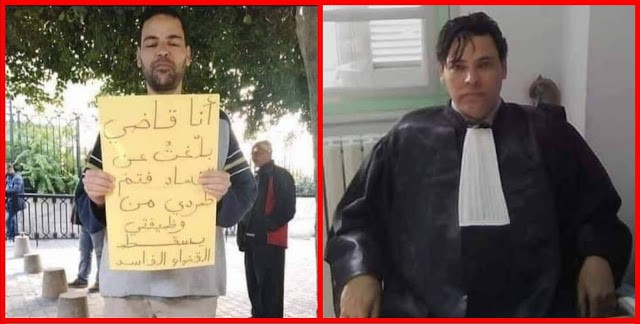
The violations this week included not only the environment, but also the sanctity and dignity of the human being, as Judge Makki Ben Ammar confirmed that he had been subjected to various types of torture after being interrogated by the security forces in an attempt to uncover the file of carcinogenic wheat
The Observatory of Transparency and Good Governance submitted a complaint to the Public Prosecutor of the Court of First Instance in Tunisia in order to open a criminal investigation regarding his file and reveal its circumstances.
Libya
Last Tuesday, January 26, 2020, nominations for the sovereign positions in Libya started. Nominations are made through filing a form attached with a CV sent via email, according to what was agreed upon on the talks of the State Council (in Tripoli) and the House of Representatives (in Tobruk) which were held in Bouznika in Morocco. The opinions of Libyans differed regarding the mechanism adopted for the distribution of positions.
The UN Mission in Libya created a joint link among the members of the House of Representatives and the State Council to receive the CVs and applications of candidature for the sovereign positions from January 26 to 30.
The sovereign positions were distributed based on the geographical standard in the three regions of Libya. Cyrenaica was granted the position of the governor of the Central Bank and the Administrative Control Authority, while Tripoli was granted the Accountability Department and the High Election Commission. In addition, Fezzan was granted the Anti-Corruption Commission and the Supreme Court provided that the Libyan legislation in force in assuming the positions of the Attorney General and the President of the Supreme Court is taken into account and the first position is for Tripoli and the last for Fezzan.
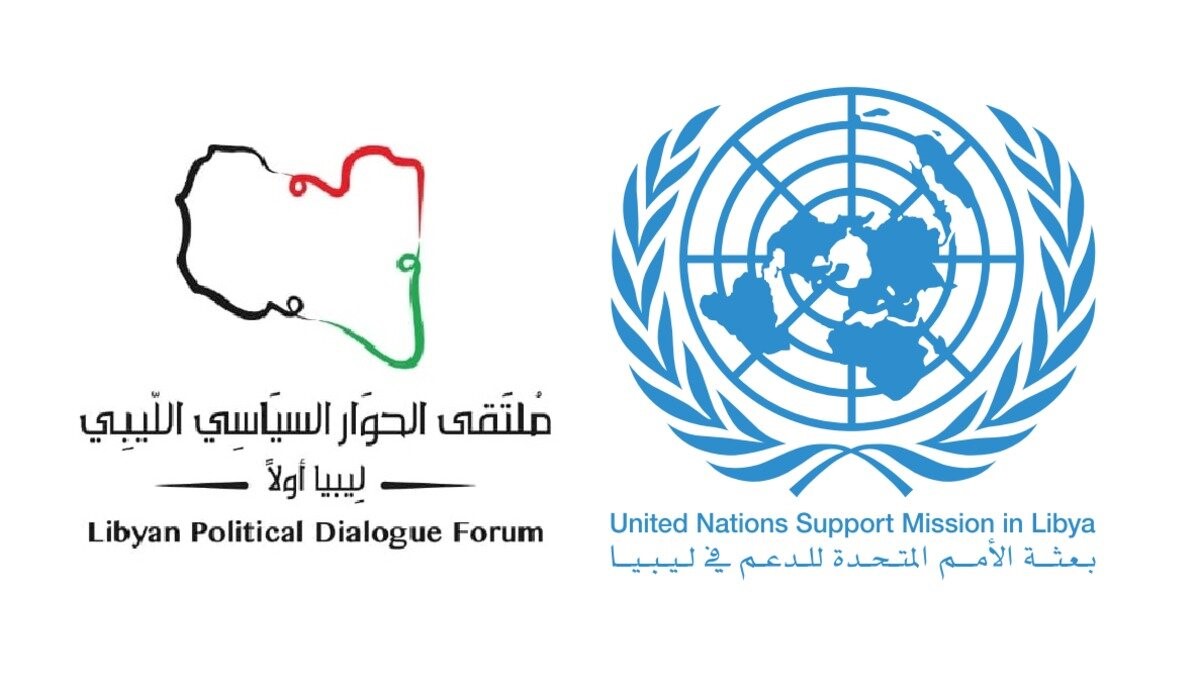
The delegations of the House of Representatives and the State Council who met in Bouznika formed committees to consider the criteria and conditions for the heads and members of the sovereign positions and the expiration of their term of office with the expiration of the term of the new executive authority by launching elections at the end of this year.
The unified executive authority which would be formed, consists of a new presidential council and a prime minister for a national unity government to manage the country in a transitional period that would end on the coming December 24, 2021 which is the date for holding general elections.
It is noteworthy that 21 members of the House of Representatives rejected the mechanism for selecting the candidates of the seven sovereign positions stipulated in the political agreement in accordance with regional quotas.
The 21 members of the House of Representatives confirmed that giving priority to the geographical criterion and establishing the principle of quotas are contrary to the provisions of the political agreement stipulated in the Constitutional Declaration. The members stressed that sovereign positions and the appointment of their candidates must be subjected to consensus and agreement in accordance with standards of competence, integrity and professionalism in the first place without violation to the principle of equality.
In Libya, the head of the Presidential Council of the Libyan Government of National Accord, Fayez Al Sarraj, called on the UN Security Council and the United Nations to issue decisions that support the presidential and parliamentary electoral process on the date which was set on December 24 of this year, according to what was reached on the Libyan Political Dialogue Forum in Tunis.
A statement by the Libyan Ministry of Foreign Affairs stated that Al Sarraj called for the Security Council to issue a resolution to support this process on the specified date and to grant a mandate to the UN mission to Libya to support it and provide the necessary capabilities to it. In addition, providing technical assistance and studying the means of security to implement these elections in all its stages. Moreover, providing monitoring during the course of the electoral process until its completion and the approval of the final results.
Al Sarraj called for the United Nations to send as soon as possible a team to assess the needs, consult and coordinate with the High Elections Commission and the relevant authorities to give this planned national elections a success.
Regarding the most frequently discussed names among the members of the Forum for Political Dialogue of the Interim Executive Authority, they are as follows:
For the Presidential Council: Three candidates are from the east of Libya:
- Ali Abo Khairallah, Abdel Jawad Al Obaidy and Al Sherif Al Wafy
Three candidates are from the south of Libya
- Abdel Majed Saif Al Nasr, Omar Boshrida and Ali Zidan
Five candidates from the West of Libya
- Khalid Al Meshry, Osama Al Jouily, Hamoua Sayalah, Fathy Shatwan and Abdel Rahman Al Balghzi.
Regarding the prime ministry:
- Fathi Bashagha, Ahmed Maitiq, Mohamed Al Barghathi, Moein Al Kikhia, Abdel Hamid Al Dabaiba, Ramadan Hilala, Youssef Chakouneh, Salal Abu Khatwa, and Salah Al Namroush.
Meanwhile, several sources report that Fayez Al Sarraj works on establishing a national government within his attempts to rapprochement with General Khalifa Haftar in eastern Libya.
Regarding the international situations, some powers began announcing reservations about some names. A British newspaper suggested that the new situation had pushed Italy and Turkey into an undeclared rapprochement, by supporting the sharing of power between Haftar and Al Sarraj, so that Fayez al Sarraj would remain as president of the Presidential Council in exchange for appointing Khalifa Haftar as head of the new government.
The real obstacles remain, as it is reported that the UN Acting Envoy confirmed that the elections in Libya are threatened due to the extent of rampant corruption. Stephanie Williams has warned that a political class that becomes greater due to the conflict between the East and West in Libya is intent on preserving the current situation status in order to reach to state’s treasuries and preserve its privileges. The American diplomat likened many of them to dinosaurs, saying they were linked to pre-revolutionary forces.
On the human rights level, the public commission in charge of searching and identifying the missing in Libya announced that 139 corpses had been discovered since last June in 47 mass graves in Tarhouna.
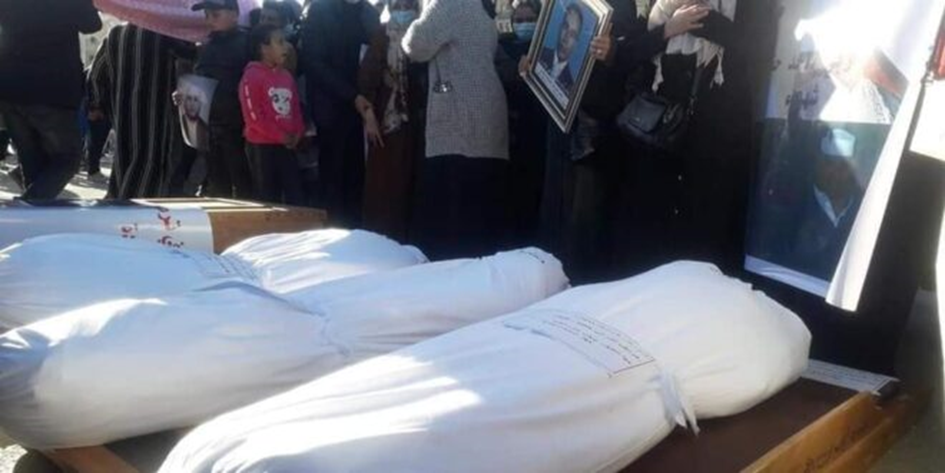
Some families in Tripoli held funerals for the 16 identified corpses.
Last update : 29/01/2021 - 15:00
This post is also available in:
![]() Arabic
Arabic
